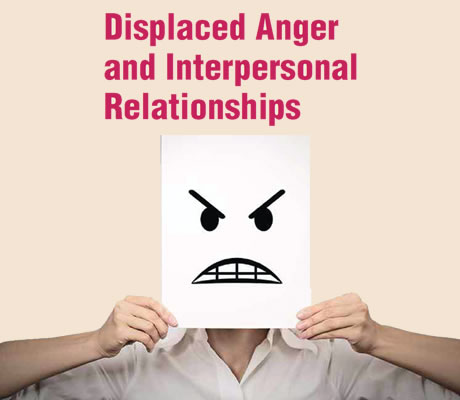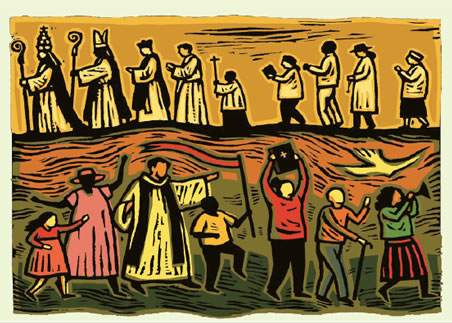Internet Gaming Disorder
It was in August 2021, in Mumbai a 16 year old left his home after spending ten lakhs rupees in a month from his mother’s card for making in-game purchases while playing PUBG online. This was not a rare incident of that. Psychologists, especially who work among children have recognized the increase within the number…








